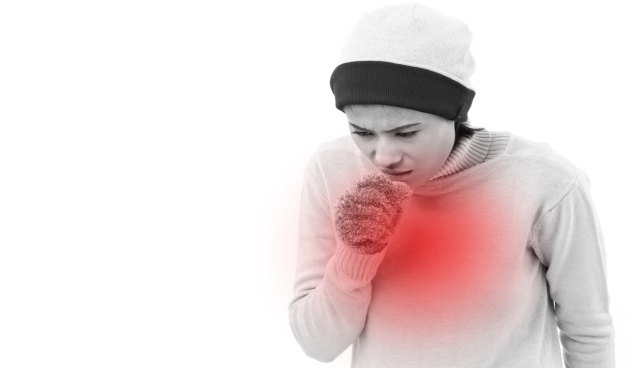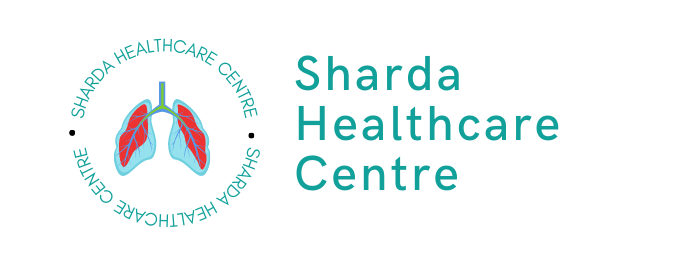
Chest Pain: Symptoms, Causes, and Treatment
Chest pain is a concerning symptom that can have many underlying causes, ranging from minor to potentially life-threatening. This comprehensive guide will discuss the common symptoms of chest pain, what may cause chest discomfort, when to seek emergency care, and treatment options. Understanding the characteristics of your chest pain and getting an accurate diagnosis is crucial for proper management.
Chest pain refers to an uncomfortable or painful sensation anywhere in the chest area. This can range from sharp and stabbing to dull and aching. Chest pain is very common, accounting for more than 8 million visits to emergency departments in the United States every year. While it may be alarming, many cases of chest pain are not caused by serious medical issues. However, because chest pain can sometimes indicate a dangerous medical emergency like a heart attack, it should never be ignored or go unchecked.
Chest Pain Symptoms and Signs
Some of the most common symptoms that accompany chest pain include:
- Sharp, stabbing pain that may worsen with deep breathing, coughing, or movement
- Tightness or heavy pressure feeling on the chest
- Aching or burning sensation in the chest area
- Pain that radiates to the back, left arm, neck, or jaw
- Shortness of breath or difficulty breathing
- Lightheadedness, dizziness, clammy skin
- Nausea, vomiting, or sweating
Causes and Risk Factors
There are many potential causes of chest pain, including:
- Heart-Related
- Heart attack – Obstruction of blood flow to the heart muscle leads to tissue damage. Crushing, pressure-like chest pain along with shortness of breath are common.
- Angina – Reduced blood flow to the heart causes chest pain, especially with exertion or stress. Pain subsides with rest.
- Aortic dissection – The inner layer of the aorta tears, causing severe chest and back pain. A medical emergency.
- Pericarditis – Inflammation of the sac surrounding the heart leads to sharp chest pain, worse with breathing.
- Lung-Related
- Pneumonia – Lung infection causes cough, fever, and sharp chest pain, especially when breathing deeply.
- Pulmonary embolism – A blood clot in the lungs causes sudden shortness of breath and chest pain.
- Pneumothorax – Collapsed lung results in sharp, one-sided chest pain and shortness of breath.
- Digestive
- Heartburn or reflux – Stomach acid backup into the esophagus causes burning chest pain. Worsens after eating.
- Peptic ulcer – Chest pain can radiate from an ulcer in the stomach or duodenum.
- Pancreatitis – Inflammation of the pancreas leads to upper abdominal pain extending into the chest.
- Injury-Related
- Fractured rib – Break in one of the ribs results in pain and tenderness, worse with breathing.
- Muscle strain – Overuse or trauma to the chest muscles causes aching pain.
- Shingles – Reactivation of the chickenpox virus results in a painful rash and burning along the ribcage.
- Other
- Anxiety or panic attack – Intense stress can cause chest tightness, sensations of pain or pressure.
- Chest wall pain – Inflammation of the cartilage and joints between ribs causes localized chest pain.
When to Seek Emergency Care
Any new onset of chest pain warrants medical evaluation. Seek emergency care immediately if you experience:
- Crushing, squeezing, or pressure-like chest pain
- Pain spreading to your shoulder, arm, neck, or jaw
- Difficulty breathing or shortness of breath
- Lightheadedness, weakness, nausea, or excessive sweating
- Coughing or vomiting blood
Diagnosis
To determine the cause of non-urgent chest pain, doctors use:
- Medical history and physical exam to check for injury, inflammation, or signs of heart problems.
- Chest x-ray to look for lung issues like pneumonia or pneumothorax.
- EKG and cardiac enzymes to check for heart damage or blockages.
- CT scan to visualize the lungs, heart, and major arteries.
- Blood tests to check for infection or inflammation.
- Ultrasound to look at the heart valves and structures.

Treatment
Treatment will depend on the underlying cause but may include:
- Medications like antacids, antibiotics, or pain relievers.
- Surgery for serious issues like a blocked artery or aortic dissection. This may involve cardiac catheterization with stents or bypass grafts.
- Oxygen therapy for low oxygen levels.
- Treating the underlying condition, like clearing a lung infection.
- Lifestyle changes if related to reflux, anxiety, or overexertion.
Home Care
For minor chest pain, the following home remedies may help provide relief:
- OTC antacids like Tums to ease heartburn or reflux.
- Ice pack applied to the site of pain to reduce inflammation.
- Rest both physically and mentally to take strain off the chest.
- Apply a heating pad on a low setting to help relax chest wall muscles.
- Take slow, deep breaths to maximize oxygenation.
- Over-the-counter pain medication such as ibuprofen.
When to See Your Doctor
You should make an appointment with your doctor to discuss chest pain that:
- Occurs repeatedly or worsens over time.
- Happens with exertion or stress.
- Accompanies concerning symptoms like shortness of breath.
- Can’t be explained by an injury or heartburn.
- Doesn’t improve with rest or initial home treatment.
Conclusion:
Chest pain is very common but can indicate issues ranging from mild to life-threatening. Pay close attention to any symptoms accompanying your chest pain and seek emergency care if you experience any red flags. For milder, stable pain make an appointment with your doctor for an evaluation. With an accurate diagnosis, most causes of chest chest pain can be successfully managed. Call your doctor right away for any chest discomfort that is persistent, worrisome, or interfering with your daily activities.
